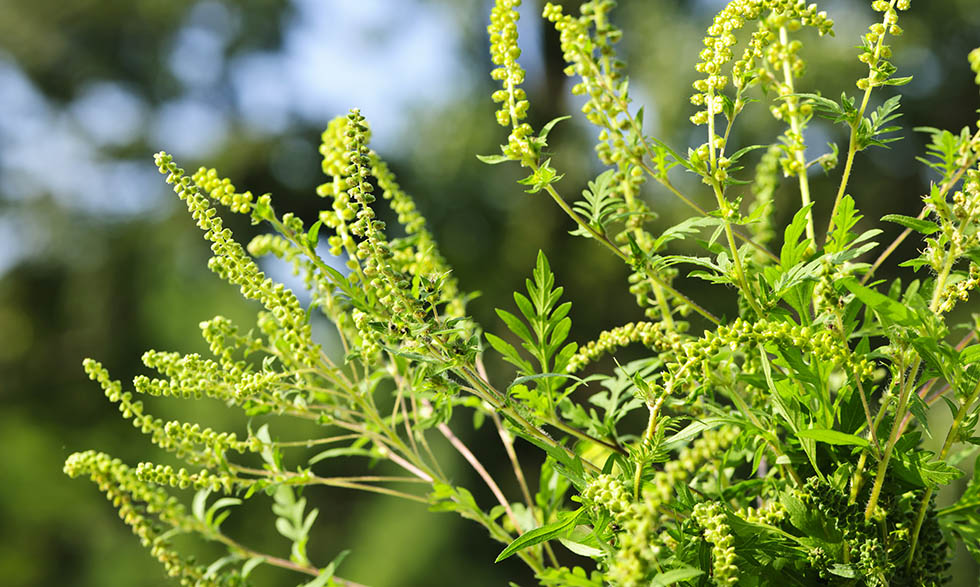
Last updated on July 24th, 2024 at 02:14 pm
Ah, spring. It’s the time of year when the cold starts to wane, and trees and flowers blossom.
But if you’re one of the many people who suffer from seasonal allergies, those pretty trees and plants may make you feel worse, not better.
That’s because of pollen, a powdery substance made by trees, weeds, and grasses.
Pollen is harmless, but if you have seasonal allergies, your body mistakes the pollen for something dangerous and tries to attack it. This reaction causes symptoms like coughing, a runny or stuffy nose, and itchy, watery eyes. You might feel like you have a cold.
Diagnosing seasonal allergies
Unlike colds, seasonal allergies usually last longer than a week or two. If you have some or all of these symptoms and are looking for relief, check with your health care provider.
Often, a skin test or allergen-specific blood test can help confirm which type of pollen you’re allergic to. Providers can also diagnose seasonal allergies based on when your symptoms develop. For example:
- Tree pollen (especially from birches, oaks, elms, and maples) typically appears in spring.
- Grasses shed pollen in late spring and summer.
- Ragweed produces pollen in the fall.
- Mold spores often cause seasonal allergies during the spring, summer, and fall. They may also cause year-round allergies for people who live in buildings with too much moisture. Signs of excess moisture include high indoor humidity, water damage, or poor ventilation.
All in the family
Seasonal allergies often run in families. If both your parents or your siblings have them, you’re more likely to suffer from them, too.
Many people with seasonal allergies also have asthma. They may experience shortness of breath, wheezing, and coughing, in addition to other symptoms.
Easing your symptoms
Although it’s difficult to predict how bad an allergy season will be, paying attention to your local weather forecast can help. Here are some other useful tips:
- Stay indoors as much as possible on days with peak pollen counts.
- Save outdoor activities for late afternoon.
- Wear a face mask when you work outdoors.
- Close the windows and, if needed, use an air conditioner.
- Wear wraparound glasses to keep pollen out of your eyes.
- Keep the grass cut short and avoid gardening chores that may stir up allergens.
- Rinse off after being outside to remove pollen from your skin and hair.
- Brush off your pets after they’ve been outside to prevent allergens from coming inside with them.
Medication and other treatments
Your health care provider may suggest saline rinses to ease nasal congestion or antihistamines to relieve a runny nose, sneezing, and itchy eyes. Some antihistamines include decongestants, which can reduce congestion, but those medicines are not for everyone. Your provider may also suggest a nasal steroid spray.
For more serious cases, your health care provider may prescribe allergy shots. Over time, these injections can provide relief by reducing your immune system’s reaction to a specific pollen or other allergen.
